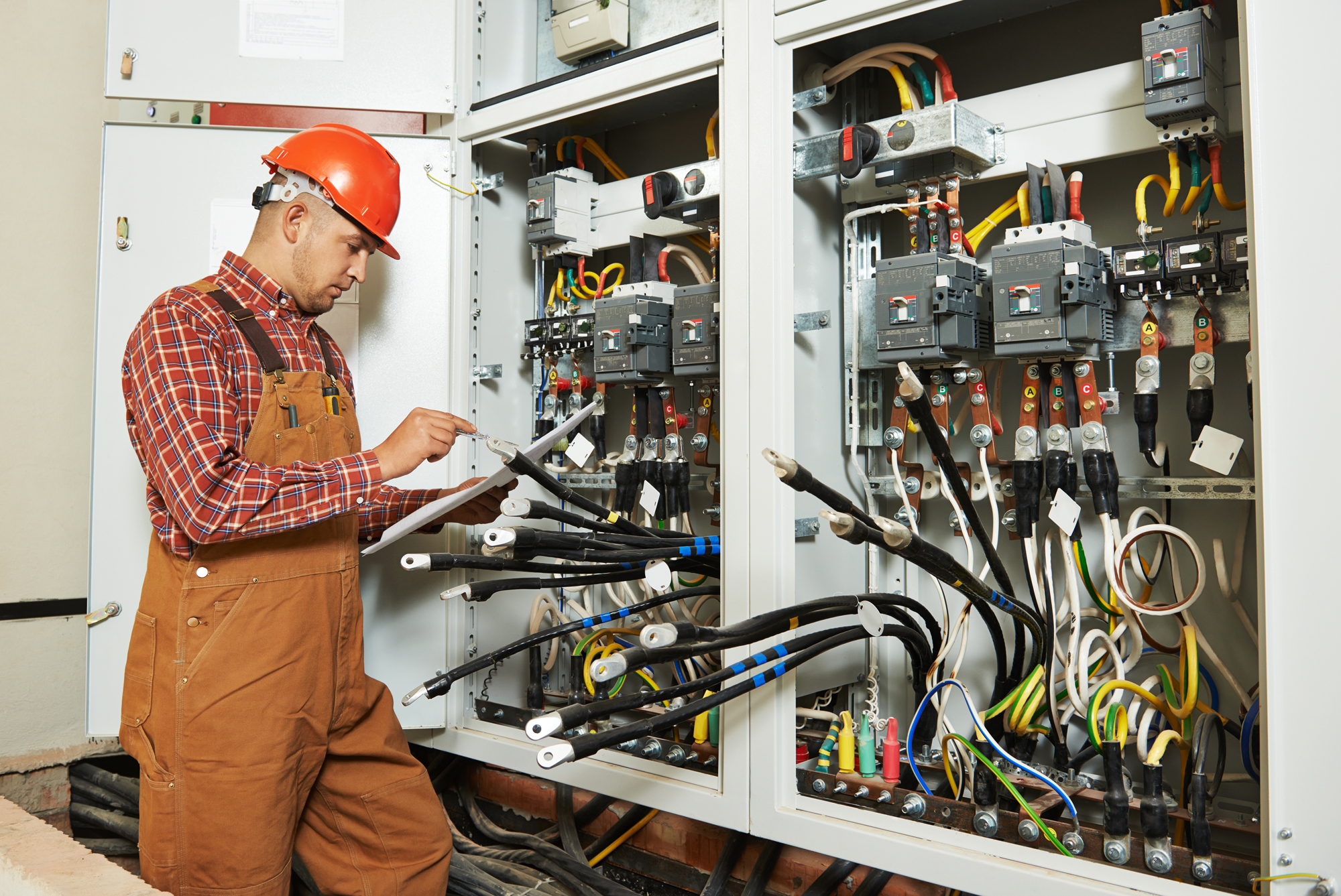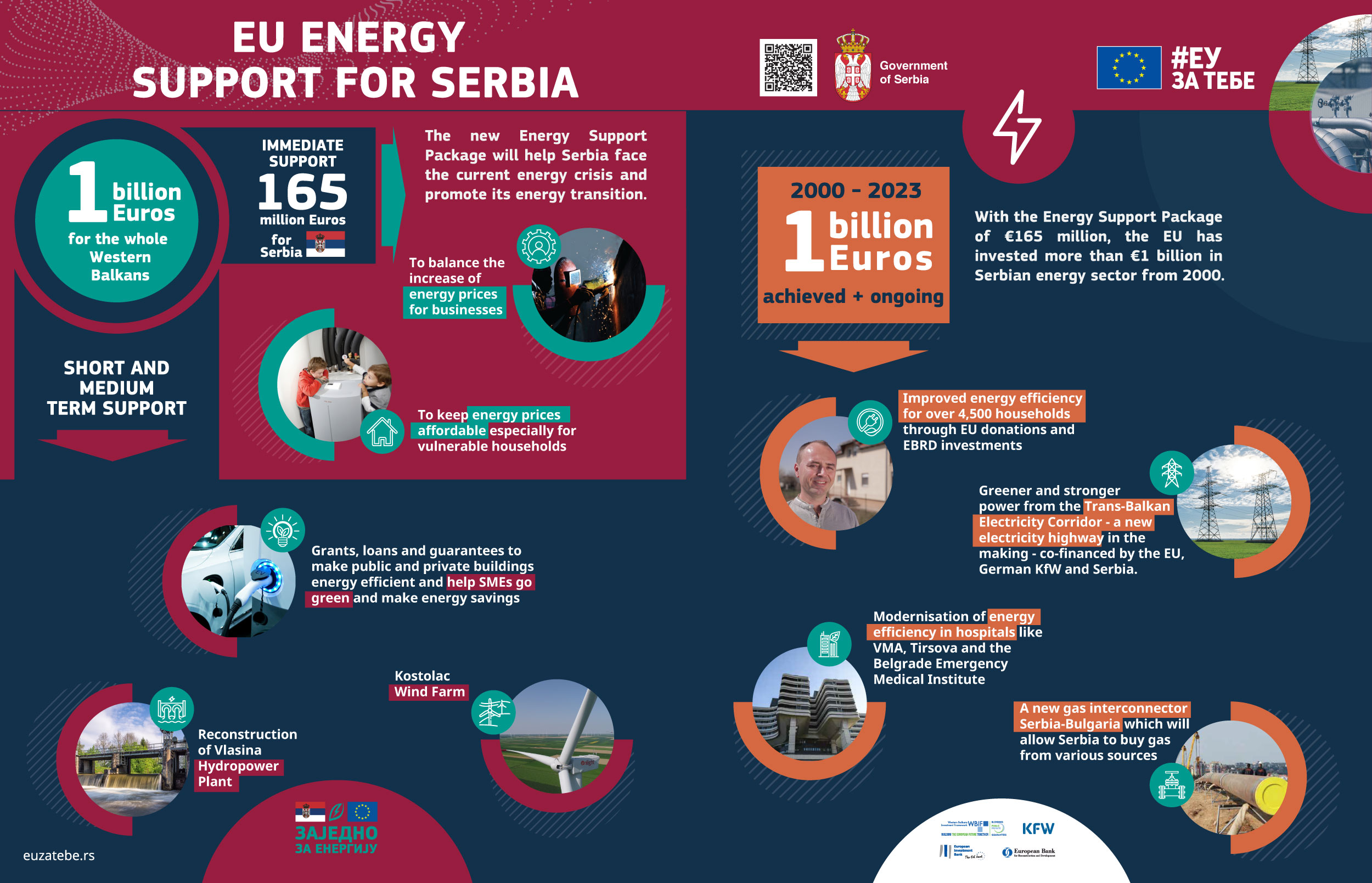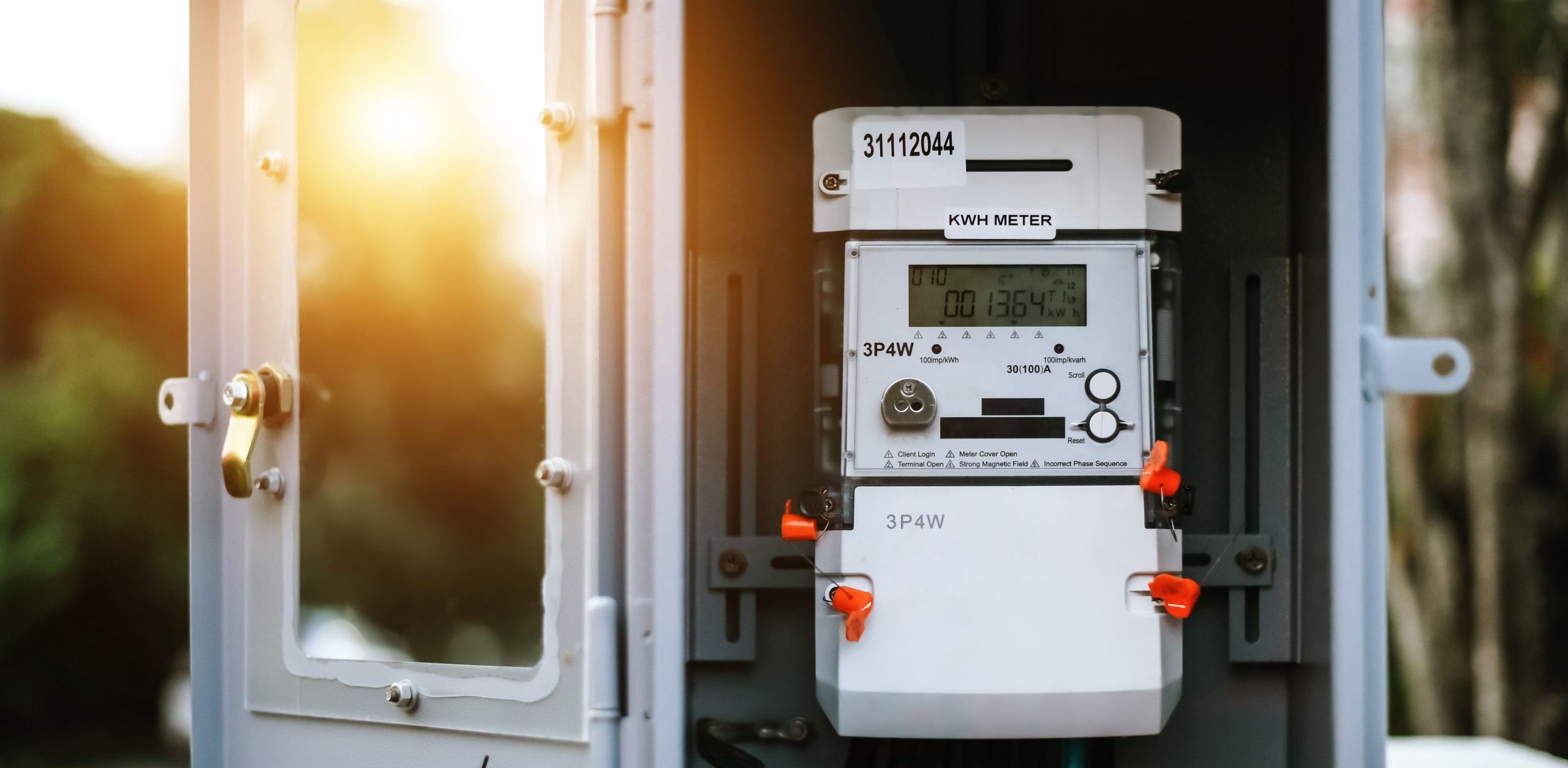Cooperation between Serbia and the EU in the energy sector directly affects the better living standards of citizens, including modern system solutions that reduce consumption and negative environmental impact.
Electrodistribution of Serbia is rapidly moving to introduce smart electricity meters in households and businesses with funds obtained from EU funds. This is good news for citizens, because remote smart meter reading will eliminate possible errors in consumption readings, reported Blic.
– We started from Belgrade and Novi Sad and we are installing meters produced by local companies, who won the tender. Users will not have any costs, because the installation of digital meters is free for them. The teams of installers have undergone professional training and are already on the ground – said the representatives of Electrodistribution of Serbia.

This year, the EU helped Serbia with sectoral budget support worth 165 million euros. The state allocated part of those grants to the distribution sector for network improvements – which includes the replacement of meters.
The benefit of new meters for citizens will be multiple – all data will be in one place, they will be able to monitor their consumption and see how they can save energy, and the system itself will monitor the variations of the read data, indicate possible malfunctions or problems and initiate control.
– The state provided more than 180 million euros of investments in the distribution system, which is a record amount in the last few decades. We are modernising the low-voltage network throughout Serbia with the aim of providing citizens with a safe and reliable supply, reducing power interruptions and improving the efficiency of network management. The introduction of smart meters will contribute to reducing network losses, better manage consumption, but also respond faster to breakdowns and problem solving, which is important for energy efficiency and environmental protection. We expect that Electrodistribution of Serbia implements this project as efficiently as possible in the shortest possible time – said the Minister of Mining and Energy Dubravka Đedović Handanović.
With smart meters and remote reading, it is not possible to impact the accuracy of the measurement or the status of the energy meter either locally or remotely, because every change is visible and recorded. In addition, the meters have the approval of the Directorate of Measures and Precious Metals and before installation they go through an additional control of measurement accuracy which is also confirmed by the Directorate.

– We are constantly working on improving and modernising the system in order to optimise the operation of the distribution network and prevent losses. Smart meters are part of that modernisation process, which brings better services for citizens and the economy – emphasised the representatives of Electrodistribution of Serbia.
By installing smart meters with modern technology, a more accurate calculation of electricity consumption is possible. Every smart meter has a calendar and a real-time clock in it, so that it automatically records data to a special, protected memory, as well as to a database, at 00.00 on the first day of every month.
According to the data of Electrodistribution of Serbia, which is the operator of the distribution system, there are currently about 3.78 million meters in the network, and most of them will be replaced by smart meters in the next few years.
Energy specialist Željko Marković assessed that the introduction of smart meter infrastructure is necessary and provides new opportunities for users, depending on the type of meter being installed.
– In addition to remote reading, which reduces distribution costs, it also enables the introduction of a dynamic tariff, which we will expect in the future. Modern digital meters, or as we also call them “smart” meters, are necessary for everyone who wants to be a customer of electricity producers – Marković pointed out.
About 470,000 digital meters should be installed from the EU donation, and the project is expected to be expanded with funds from loans from the European Bank for Reconstruction and Development (EBRD) and the European Investment Bank (EIB). The general plan is to reach the level of 80 percent of smart meters on the distribution network in 10 years, which is also the goal of the EU countries.
The European Union is the largest donor than all other international donors combined. With an energy support package of 165 million euros, the EU has invested more than one billion euros in Serbia’ energy sector in the past two decades. In 2022 alone, EU support to Serbia’s energy sector is estimated at 100 million euros. Diversification of energy sources, security of supply, energy efficiency and decarbonisation of the economy, in accordance with the Paris Agreement, are the main objectives of EU support. The support of the European Union is realized in cooperation with the Government of Serbia. The EU will continue to support Serbia in harmonising with the EU acquis and creating structures that will enable further investments in the decarbonisation of the energy sector.




